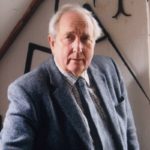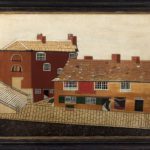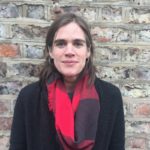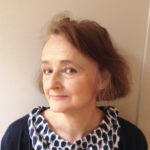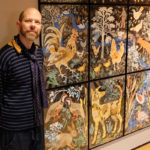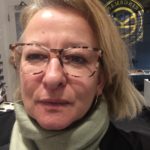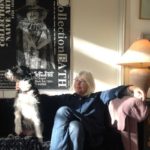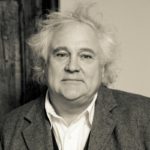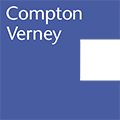FOLK ART REIMAGINED
Meet the Contributors
Alan Powers
Writer, artist and publisher of decorative papers
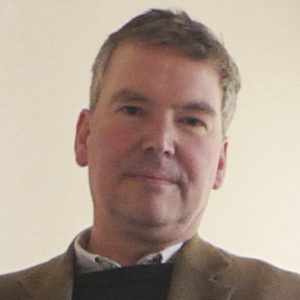
After spending some time walking and taking in the British Folk Art Collection, it inspired my literacy background and I have put together a series of quotes I believe resonate with the collection here at Compton Verney.
‘In the traditional arts it is never Who said? But only What was said? that concerns us’ Ananda Coomaraswamy, The Christian and Oriental, or True Philosophy of Art
‘As for the signs, they have pretty well begun their reformation already, changing the sign of the Salutation of our Lady into the Soldier and Citizen and the Catherine Wheel into the Cat and Wheel; such ridiculous work they make of this reformation and so jealous are they of all mirth and jollity, as they would pluck down the Cat and Fiddle too, if it durst but play so loud as they might hear it.’ Richard Flecknoe, Aenigmatical Characters, 1665, on the effect of the Commonwealth in England.
‘You must discard the word Fancy altogether. You have nothing to do with it. You are not to have, in any object of use or ornament, what would be a contradiction in fact. You don’t walk upon flowers in fact; you cannot be allowed to walk upon flowers in carpets. You don’t find that foreign birds and butterflies come and perch upon your crockery; you cannot be permitted to paint foreign birds and butterflies upon your crockery. You never meet with quadrupeds going up and down walls; you must not have quadrupeds represented upon walls. You must use,’ said the gentleman, ‘for all these purposes, combinations and modifications (in primary colours) of mathematical figures which are susceptible of proof and demonstration. This is the new discovery. This is fact. This is taste.’ Mr Gradgrind in Charles Dickens, Hard Times
‘He is a sort of English Douanier Rousseau, but with an English seriousness … the pictures really are magnificent, Defoe-like pictures, stuggy, exact and passionate.’ Sylvia Townsend Warner on the ‘primitive’ artist John Craske, 1932
‘What we have lost is the organic community with the living culture it embodied … an art of life, a way of living, ordered and patterned’ F. R. Leavis and Denys Thompson, Culture and Environment, 1933
‘Many educated people … have been so driven in on their reading, as a stabilizing habit, that they fail to notice there are other forms of skilled, intelligent, creative activity … a whole range of general skills, from gardening, metalwork, and carpentry to active politics.’ Raymond Williams, Culture and Society, 1958
‘What would I like to do? I would like to have a go at a masterpiece. The cathedral lights took us a year to make and we had to work until midnight to finish them off. My hand was in each one of them. I would like to work like that again.’ ‘Gregory Gladwell’ aged forty-four, blacksmith in Ronald Blythe, Akenfield, 1969
Meet the contributors...
James Ayres
Author on Folk Art & Former Director of Judkyn Memorial at Freshford Manor, near Bath
Christopher Bibby
Dealer & Collector
Emilie Flower
Film Maker
Kate Arnold Foster
Director, Museum of English Rural Life, University of Reading
Mark Hearld
Artist and Curator
Sally Kalman
Andras Kalman's daughter
Mary Nice
Curator of The Museum of English Naive Art 1988-1998
Alan Powers
Writer, artist and publisher of decorative papers
Paul Ryan
Curator of of What the Folk Say at Compton Verney in 2011
Robert Young
Folk Art Specialist



